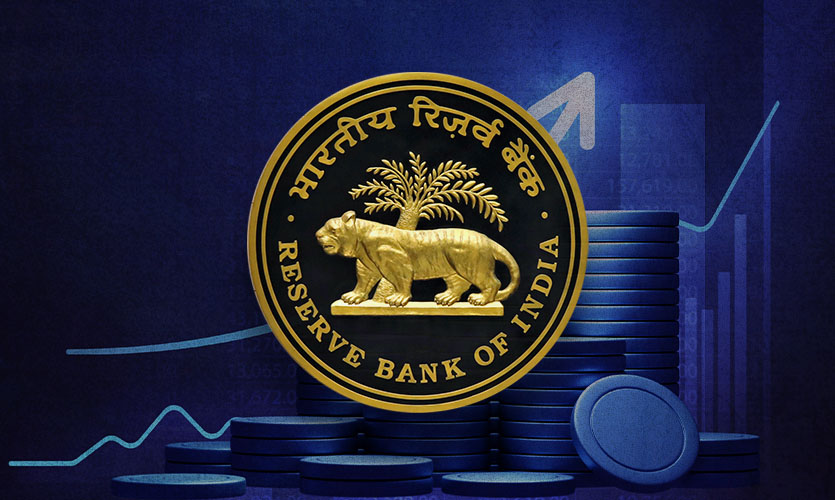Ford India is currently chalking up the announcement of its settlement package that is to be offered to its employees. This comes in the wake of the US-based auto major’s decision to shut down its manufacturing facilities in India under its restructuring exercise.
Earlier this month, the company announced that it will sell only imported vehicles in the country. The company will stop selling and manufacturing vehicles like EcoSport, Figo and Aspire at its Chennai and Sanand plants. The decision was taken after the company incurred accumulated operating losses of more than $2 billion over the past 10 years, and a $0.8 billion non-operating write-down of assets in 2019.
“Soon after reports emerged about Ford’s decision early this month, Chief Minister M.K. Stalin discussed about the possibilities available to safeguard the livelihood of the employees, including the feasibility of another automaker taking over the facility… This government is industry-friendly and whatever measures need to be taken, will be taken, in the interest of employees,” Rural Industries Minister T.M. Anbarasan told reporters. The review meeting took place with Ford’s 50 auto parts suppliers from Chengalpet, Tiruvallur and Chennai on September 22 after the Tamil Nadu government received information related to Ford’s potential announcement of a settlement package for employees.
According to Anbarasan, the Ford facilities are still operational and employees are being provided with salaries regularly. The provision of a relief package for the employees could also be a possibility. The minister said that the Chennai plant is expected to shut down in 2022, impacting close to 2,638 workers directly employed and 1,421 indirectly.
On September 21, a day before the review meeting in Tamil Nadu, the Ford Motor factory in Gujarat’s Sanand city witnessed hundreds of workers stage a protest demanding that either the factory’s closure plan be scrapped or the workers be provided with other jobs. Countless workers are worried about the impact the factory’s closure will have on their livelihood. The Sanand plant is expected to shut down between October and December 2021.
Anil Singh Jhala, one of the workers from the plants told Reuters, “After working here for seven years, I am suddenly being told I do not have a job. What is my future?” He further added, “Our demand before the company and the government is that the plant should not be shut. If the plant is going to be shut, our request to the government is that when any other plant comes up here, we should get priority for jobs there at the same wage.” The Sanand city manufacturing plant employs close to 1,200 people.
A Ford India spokesperson said in a statement, “We will be working with the unions and other stakeholders on measures to help balance the impact and to care for those directly affected by the restructuring. We have started discussions with the union and have nothing additional to share.”
Employees, Dealers And Customers In Distress
The announcement of the closure came as a shock to many employees and dealers. Suresh, the president of the Ford Workers Union said, “We have only one demand and that is employment. Around 4,200 employees get affected directly and indirectly 25,000 get affected and all are dependent on Ford. There is also a doubt if any of us will get employment and our demand is that we want employment. We have given a letter to the management. Ford is a big car manufacturing company and we are shocked that they are at a loss that they can’t continue operations here. Management said they are ready to make a settlement. But settlement is a temporary solution. Either Ford has to continue operations here or whoever is taking over this company should assure continuity. The employees here have their average age 30-40 and this is at the start of their career.”
India’s major auto dealers group, the Federation of Automobile Dealers Association (FADA) has requested the Indian government to exercise policies that will “safeguard the dealers and customers interests in India”. The group has accused Ford of making “coercive efforts” to get their channel partners to sign a non-disclosure agreement (NDA) with the imposition of “unreasonably tight timelines, under economic duress”. In a letter to India’s industries ministry, FADA also called for legislation that would ensure trusted information is available to customers and dealers about unfair termination of dealership agreements.
The Micro, Small and Medium Enterprises (MSME) sector is predominantly involved in the production of car parts such as upholstery, leather, dashboards, clutches, brakes, gearboxes, tyres and handles. According to a report by Reuters, FADA said that dealers have invested about ₹24.85 billion ($337 million) in retail outlets of five Ford cars – the hatchbacks Figo, Freestyle, the compact sedan Aspire, the sub-compact SUV EcoSport and full-size SUV Endeavour – whose exit will lead to a loss of about 64,000 jobs.
For customers, important aspects of their ownership experience such as servicing and spare parts availability has become a major reason of concern. Ford’s customer base in India is estimated to be around 1 million, however, the company has promised the continuation of the customer support operations in full capacity. Services, aftermarket parts and warranty support will continue to be accessible. Additionally, the company has promised to continue to provide a competitive cost of ownership.
Read more: India’s Economic Resilience And The Need To Focus On An Inclusive Future
Government Introduces Autos Incentive Scheme
The liberalisation of the Indian markets in the 1990s provided a promise of increased disposable income. Forecasters had predicted that foreign carmakers would have a market share of as much as 10 percent. Since then, a string of plant closures by major automakers due to stagnating sales have worsened India’s employment crisis. For Ford, failure to adapt its cars to the Indian market’s preference for small, cheap, fuel-efficient cars that can withstand India’s potholes riddled roads without needing expensive repairs and maintenance was one of the factors behind its exits.
However, Ravi Bhatia, president for India at JATO Dynamics, a provider of market data for the auto industry, said, “Companies invested on the fallacy that India would have great potential and the purchasing power of buyers would go up, but the government failed to create that kind of environment and infrastructure.”
The union government, on September 15, introduced new efforts to save the dying industry. A production-linked incentive (PLI) scheme was announced, aiming to promote the local manufacture of advanced automotive technology products such as electric and hydrogen-fuel vehicles. Heavy industries minister, Mahendra Nath Pandey said that the PLI scheme could attract the US electric car maker Tesla to set up a manufacturing base in India and make India one of the largest electric vehicle markets in the world. Experts hope that the new scheme will also provide Ford with a window to rethink its decision.
Ford issued a statement related to restructuring its India operations on September 9. The company also said that it hoped customers in India would benefit from its future plan to invest more than $30 billion globally to deliver new hybrid and fully electric vehicles such as the Mustang Mach-E SUV.










